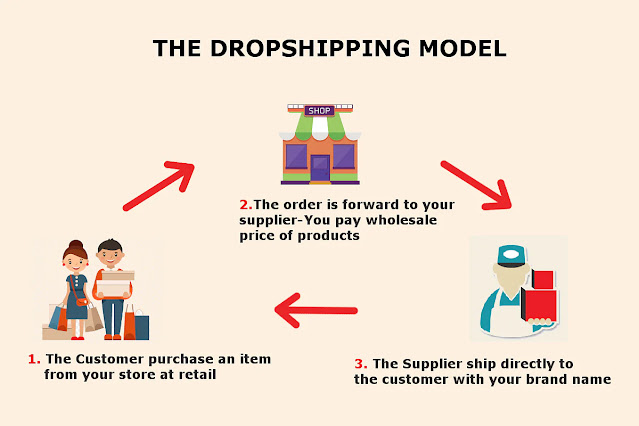Digital Marketing
#Digital Marketing: The Future of Marketing
In today’s fast-paced digital world, digital marketing has become an essential aspect of any business strategy. With the majority of consumers using the internet to research and purchase products, it’s crucial for companies to have a strong online presence. This is where digital marketing comes into play.
Digital marketing refers to the promotion of products and services through digital channels such as search engines, social media, email, and mobile applications. It’s a dynamic and rapidly evolving field that encompasses a variety of tactics and techniques designed to reach and engage with customers.
In this blog post, we’ll discuss the various components of digital marketing, its benefits, and how businesses can leverage it to achieve their marketing goals.
Search Engine Optimization (SEO)
SEO is the practice of optimizing a website to rank higher in search engine results pages (SERP) for relevant keywords and phrases. The goal of SEO is to increase the visibility of a website, making it easier for potential customers to find the products or services offered.
To achieve high rankings in the SERP, a website must have quality content, well-structured pages, and a user-friendly experience. Additionally, a website must have links from other reputable websites, known as backlinks. The more backlinks a website has, the more authoritative it appears in the eyes of search engines.
Pay-Per-Click Advertising (PPC)
PPC is an advertising model where businesses pay a fee each time someone clicks on one of their ads. PPC advertising is often used to drive traffic to a website, increase brand awareness, and generate leads.
Google AdWords is the most popular platform for PPC advertising, allowing businesses to create and display ads on Google’s SERP. With AdWords, businesses can target specific keywords and demographics, making it a highly effective and efficient marketing tool.
Social Media Marketing
Social media has become one of the most powerful marketing tools in today’s digital world. With billions of active users, social media platforms such as Facebook, Twitter, and Instagram offer a massive audience for businesses to reach.
Social media marketing involves creating and sharing content on social media platforms with the goal of building brand awareness, driving traffic to a website, and engaging with customers. Businesses can also use social media advertising to target specific demographics and reach a wider audience.
Email Marketing
Email marketing involves sending promotional or informational messages directly to a customer’s inbox. It’s an effective way to build customer relationships, increase brand awareness, and drive sales.
To be successful with email marketing, businesses must have a well-crafted email strategy that includes a clear message, eye-catching subject line, and a call-to-action. Additionally, businesses must have a well-defined target audience and a list of subscribers that have given permission to receive emails from the company.
Content Marketing
Content marketing is the creation and distribution of valuable and relevant content to attract, engage, and retain customers. The goal of content marketing is to educate and inform customers, building trust and credibility for the brand.
Content marketing can include blog posts, infographics, videos, ebooks, and more. To be effective, content must be relevant to the target audience, provide value, and align with the brand’s overall marketing goals.
Mobile Marketing
Mobile marketing involves reaching customers through mobile devices such as smartphones and tablets. With the majority of internet users accessing the web through mobile devices, it’s crucial for businesses to have a mobile-friendly website and marketing strategy.
.jpg)




Comments
Post a Comment